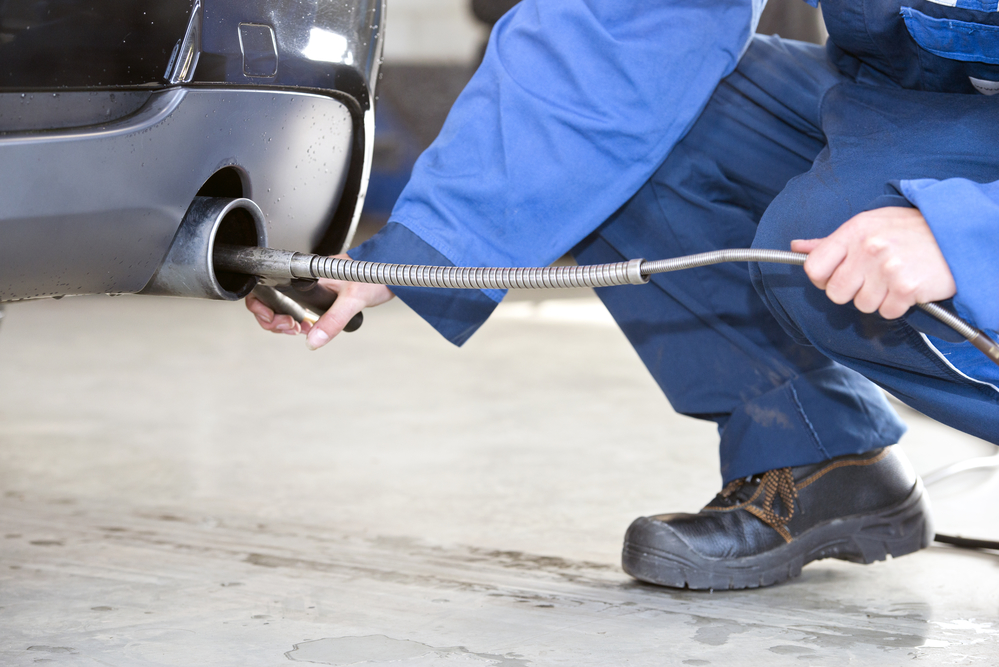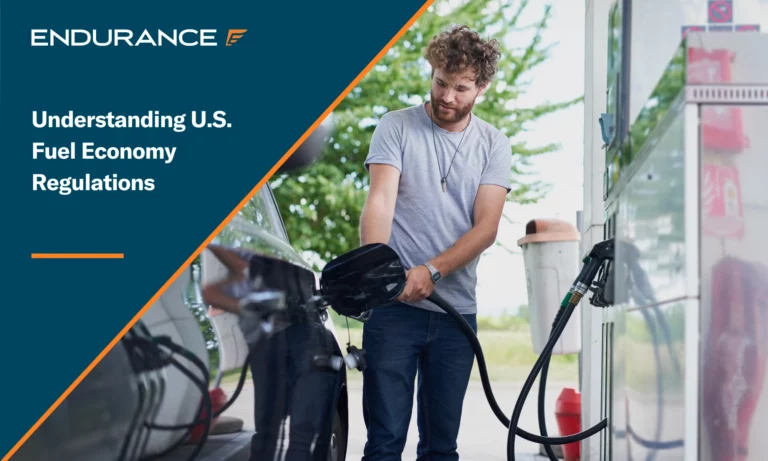Volkswagen Drives into Diesel Emission Scandal
German automaker, Volkswagen has driven directly into scandal following the revelation that they falsely claimed that millions of diesel cars delivered cleaner emissions than reported. The scandal broke Friday, September 18, 2015 when U.S. regulators said the German company had programmed some 500,000 vehicles to appear to emit lower levels of harmful emissions in official tests than on the road. Volkswagen went on to stun investors the following Tuesday by admitting that the problem was much bigger than initially reported. In fact, internal investigations had found significant discrepancies in 11-million vehicles worldwide.
“Millions of people all over the world trust our brands, our cars, and our technology. I am deeply sorry we have broken this trust,” said CEO Martin Winterkorn. “I would like to make a formal apology to our customers, to the authorities, and to the general public for this misconduct.”
The company set aside 6.5 billion Euros ($7.3 billion) to cover the cost of recalls and other efforts to limit the damage, trashing its profit forecast for the year in the process.
Shares in Volkswagen (VLKAY) plunged 17% Tuesday, after suffering a similar crash Monday. About a third of the value of the group has been wiped out in two days, causing big losses for major shareholders such as Qatar.
“Now it looks like it’s becoming a very global issue. It really will be bad for the reputation of the company for a couple of years, it will take time to rebuild the trust of the customers,” said Klaus Breitenbach, automotive analyst at Baader Bank. “It’s really worrying for the company and also for the whole industry.”
It’s hard to overstate the significance of the crisis in Germany, where making quality cars is central to the country’s reputation as a manufacturing and export powerhouse. The auto industry accounts for about 20% of exports, and employs 775,000 people directly. Volkswagen also owns the Audi and Porsche brands, and most recently they overtook Toyota Motors earlier this year to become the world’s biggest automaker by vehicle sales.
German Chancellor Angela Merkel described the situation at Volkswagen as “difficult” and urged the company to show complete transparency and explain its actions in full. Britain and France have called for a Europe-wide investigation, and Italy wants to know whether it has been affected.
Apart from the financial damage, Volkswagen could potentially face fines of up to $18 billion in the U.S. alone and even lose its current CEO over the affair. CEO Winterkorn triumphed over a recent attempt to be removed by shareholders. He has gone on to face the public to make his first apology to customers on breaking brand trust. He said the company couldn’t yet explain what went wrong but was working hard to find out. And he appealed to employees for their support.
“I am personally asking you for your trust as we move forward,” he said in a video statement.
Some analysts say his position at the top of Volkswagen is threatened by the scandal. The company was forced to deny German media reports that Winterkorn would be replaced on Friday by Porsche CEO Matthias Mueller.
Michael Horn, the head of Volkswagen in the U.S., admitted that the company had “totally screwed up.”
“Let’s be clear about this, our company was dishonest with the [Environmental Protection Agency], and the California air resources board, and with all of you,” Horn said.
Regulators in the U.S. said Volkswagen cheated on environmental standards by programming engine management software in some diesel cars to turn on emission controls only when being tested. Cars equipped with the device would run up to 40 times more emissions when on the road, the EPA said.
Up to 11 million vehicles could be affected in the scandal and Volkswagen has been ordered to recall the vehicles, even halting sales of some cars in the U.S. The models affected include the VW Jetta, Beetle and Golf from 2009 through 2015, the Passat from 2014-2015 as well as the Audi A3, model years 2009-2015. Owners of the “CleanDiesel” automobiles have filed a class action lawsuit against Volkswagen. The company has stated Tuesday that their provision is now subject to revaluation and that it was working with the relevant authorities to clarify the irregularities in the software that recorded emissions in the carmaker’s diesel engines.
The scandal surrounding Volkswagen’s emissions data has raised fears that damage may not be limited to the automaker. There could be another casualty: Germany’s hard-won reputation for reliability, efficiency and trustworthiness is at stake. Handelsblatt, the German financial newspaper, dubbed the scandal “eine Katastrophe für die gesamte deutsche Autoindustrie” (“a catastrophe for the entire German car industry”) in an editorial published on Monday, September 21, 2015.
“The whole structure of the VW company looks a bit strange,” said Ferdinand Dudenhöffer, professor at the Center for Automotive Research, Universität Duisburg-Essen, told CNBC, as he called for an outside appointment to solve the scandal. There have even been calls for a special debate in the national parliament over the issue. The US Congress has begun digging into Volkswagen emissions issues as the escalating scandal was big enough to drag the country’s entire stock market down on Monday, while stock markets elsewhere in Europe rebounded from a week of uncertainty surrounding the U.S. Federal Reserve’s decision on interest rates.
As German automakers have been trying to convince the U.S. of the delights of “clean diesel”, a field where they can claim to lead, analysts are worried that these revelations will likely taint their claims for decades. Meanwhile in South Korea – where Hyundai, one automaker that could benefit from the VW fallout, is based — has already announced that it could expand its investigation of VW emissions to potentially include other German manufacturers.

Volkswagen has already come through one high-profile scandal, involving bribery, brothels and a high-profile trial, which shined an unflattering light on German corporate culture. If this carmaker, potentially the brand most associated with Germany, faces charges which cannot be dismissed as the work of a few rogue employees, the consequences may be felt across German industry.
The Auto Industry news cycle has been on all alerts since these recent revelations and allegations and we will attempt to update you on the VW scandal as more information breaks out.













Alex has worked in the automotive service industry for over 20 years. After graduating from one of the country’s top technical schools, he worked as a technician achieving a Master Technician certification. He also has experience as a service advisor and service manager. Read more about Alex.